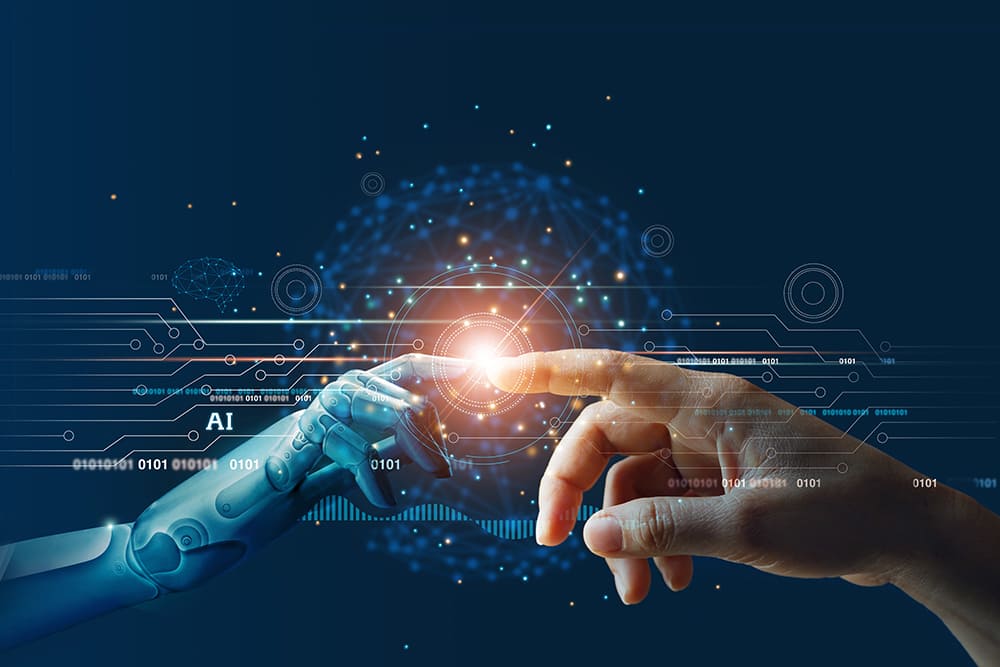Artificial Intelligence (AI) encompasses not only the automation of several recurrent operations but also influences decision-making.
AI provides businesses with a broad spectrum of information and organized answers to emergent difficulties by removing human errors and analyzing enormous amounts of varied data rapidly and continuously. Let’s learn more about AI-driven decisions and the 5 solid applications of AI in decision-making practice.
See Also: 8 Benefits of a Hybrid Office Model
Business operations decisions
Machine Learning algorithms come to the rescue in sectors that rely on a steady influx of heterogeneous data, such as multiple financial reports, payrolls, procurement, employee productivity monitoring, and projecting future churn rates. In short, AI automates basic administrative chores and alters the entire working environment. It allows employees and executives to make more timely and relevant decisions. Furthermore, AI can interact with clearly defined data using a single set of indicators and ephemeral parameters that have not yet been established. AI-powered technologies aid in the recruitment process by sourcing better applicants and analyzing their interviews. Finally, an HR staff can make an informed judgment about selecting a good individual.
Overall, AI may use business intelligence and make a corporation data-driven in many aspects, including decision-making, in terms of internal business processes.
Complex problem-solving
The potential of AI in decision-making is substantial, but it can also address layered and difficult challenges. Remember that AI solutions are dependent on the data you have and the step-by-step process orchestration. As an example, suppose a corporation is thinking of releasing a new product and targeting it in a new market. Isn’t it complicated?
A corporation must make dozens of judgments, prioritize, optimize, explore, forecast, and experiment to move from a concept to the first marketing campaign. In this case, artificial intelligence collects a large amount of data and conducts an interdisciplinary investigation. Eventually, there will be a way to harness anything from the stages of product creation to digital marketing approaches to product promotion.
Evaluation of performance
For starters, it is concerned with people’s performance evaluations and subsequent judgments. Employee performance reviews are being conducted on an ongoing basis rather than every 6 or 12 months. Despite this, human error and potential biases can damage the integrity of the employee appraisal process. AI can reduce human errors and make employee performance data more visible. Based on their performance history, AI may also offer online courses, training, and development programs to employees.
Many People Management software suppliers have enhanced their performance monitoring software with Artificial Intelligence features. Another aspect of performance evaluation is marketing. AI technologies allow you to carefully analyze which methods work and which do not. Then determine how to tweak them and which approaches to try.
Strategic shifts
AI enables better production planning, management of all constraints, reduction of operational flaws, and improvement of manufacturing.
It also aids in anticipating and effectively planning product customization, improving postponement procedures, and maintaining efficiency while maintaining high levels of customer satisfaction.
Furthermore, due to the present competitive environment and industry dynamics, go-to-market and marketing strategies must be adaptable. Changes in approach can be made more quickly and with less risk.



















